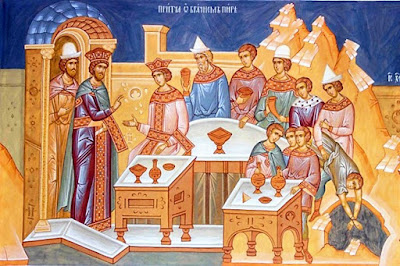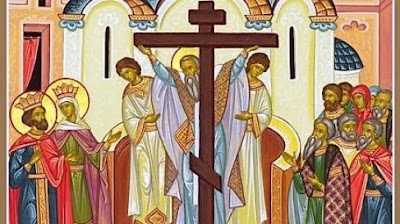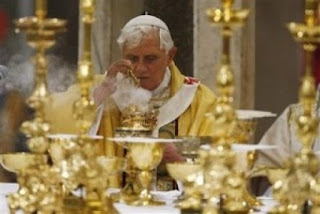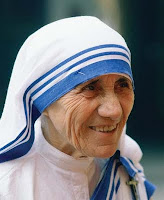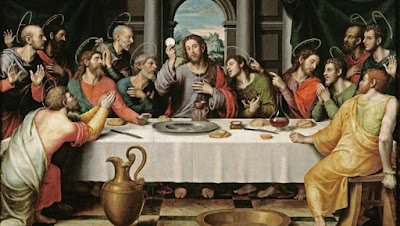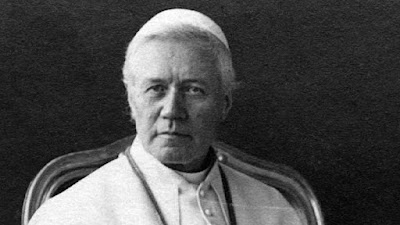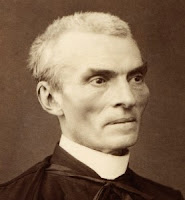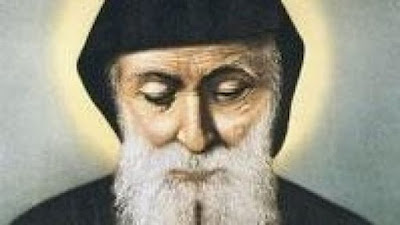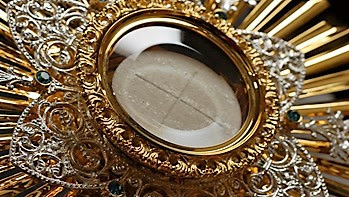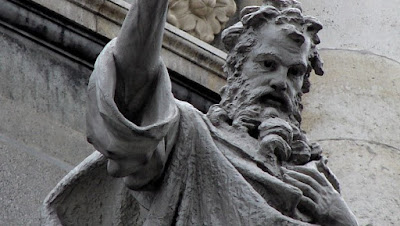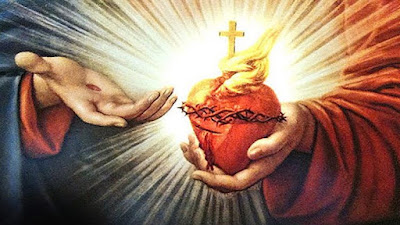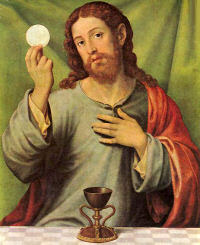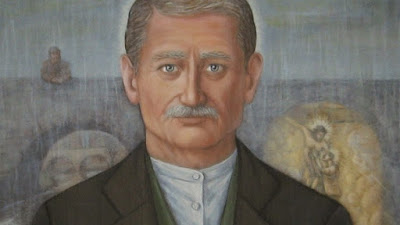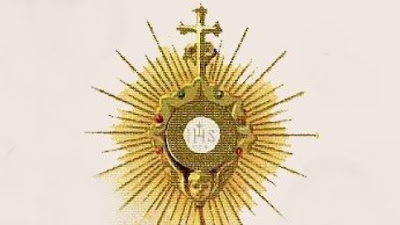Martin Luther Left the Church. Today, Dissenters Stay
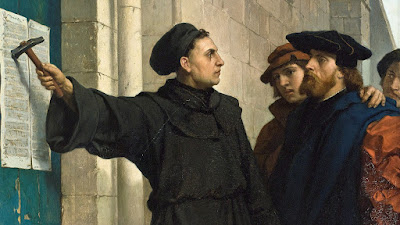
Catholic Cultures' Philip Lawler, (the editor of Catholic World News ) has written a most insightful commentary about dissenters from the Church. He sums up the motives of so called "Progessive Catholics" who insist on spreading their errors within the Church. At least Martin Luther, Lawler notes, had the decency to leave: "Whatever else you might think or say about Martin Luther, give him credit for this much: having broken with Catholic teaching, he broke away from the Catholic Church. Today’s dissenting Catholics rarely show the same consistency. Even after rejecting the fundamentals of Catholic doctrine, they continue to masquerade as Catholics. Do you ever wonder why? Take the case of Donna Quinn, the object of a sympathetic profile last week in the Chicago Sun-Times . She describes the Catholic priesthood as a 'hoax.' She sees no difference between the Eucharist and a grandparent’s embrace of a grandchild. She is, however, absolutely firm in her
